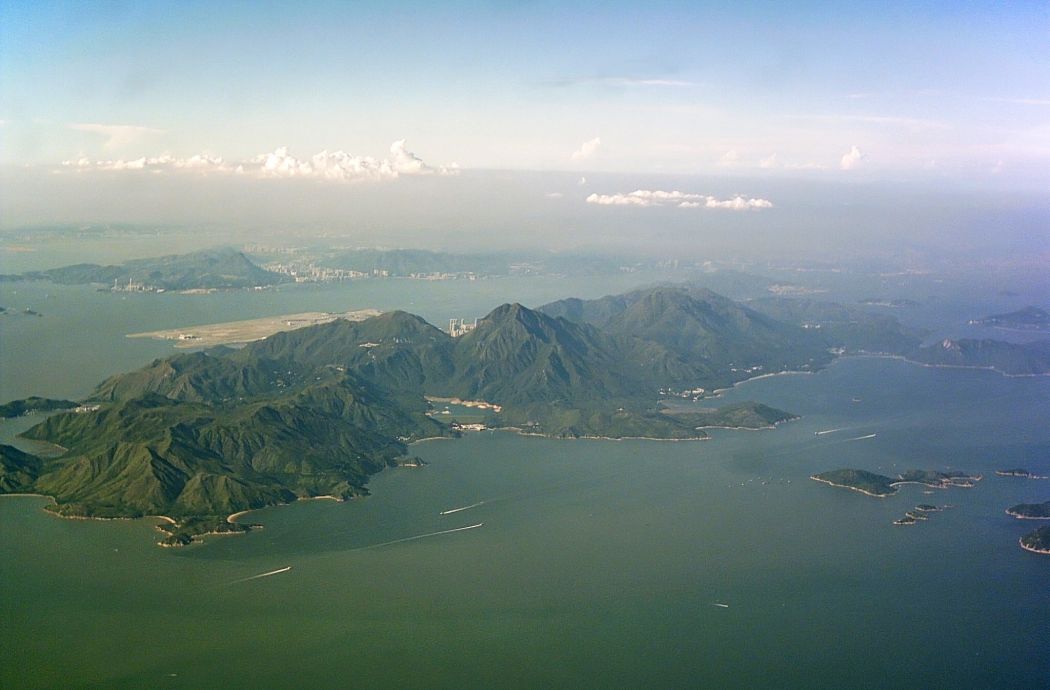A Hong Kong High Court judge has rejected an application for a judicial review of the government’s mammoth “Lantau Tomorrow Vision” project, a controversial plan to create artificial islands east of Lantau for housing and business.

“The question on whether Hong Kong should implement the ‘Vision’ plan is a matter of political, social and economic issues that should be handled by the Hong Kong SAR government and/or the legislature, and not by the judiciary,” High Court Justice Anderson Chow wrote in a judgement handed down on Thursday.
“This application in effect abused the court’s judicial review procedures,” Chow wrote.
The Lantau Tomorrow Vision project aims to create a total of about 1,700 hectares through reclamation near Kau Yi Chau and Hei Ling Chau east of Lantau island, as well as off Tuen Mun. The reclaimed land would supply “260,000 to 400,000 residential units, with 70 per cent being public housing, and accommodating 700,000 to 1,100,000 people, and creating 340,000 jobs for the coming 20 to 30 years,” Chief Executive Carrie Lam said in her 2018 policy address at which the plan was announced.
Critics estimate that the plan will cost the public coffers up to HK$1 trillion and say there are easier ways to solve the housing shortage using land already potentially available. The government ballpark estimate is HK$624 billion to construct the islands and the transportation network linking them to the rest of the city.

The applicant Gloria Cho Man-yee, a citizen journalist, appeared without a legal representative.
“The applicant believes the government does not need to spend HK$1 trillion to reclaim land for the plan. The applicant believes the government has violated Article 107 of the Basic Law,” the judgement read.
The article stipulates that the government should follow the principle of keeping expenditure within the limits of revenue and strive to achieve a balanced budget.
Lam, the respondent in the case, argued that the numbers presented by the applicant had no factual basis. The earmarked budget would be less than HK$1 trillion, and land sales revenue generated by the plan would cover the costs incurred, according to her.
“A plan in such large scale like ‘Vision’ cannot be completed in one fiscal year, and revenue and proceeds cannot be fully taken into account within the fiscal year,” Chow wrote in his judgement. “Therefore, when considering the principle of keeping expenditure within the limits of revenue, the key is to consider it in the long term and as a whole.”
Support HKFP | Policies & Ethics | Error/typo? | Contact Us | Newsletter | Transparency & Annual Report | Apps
Help safeguard press freedom & keep HKFP free for all readers by supporting our team

LATEST FROM HKFP
HKFP has an impartial stance, transparent funding, and balanced coverage guided by an Ethics Code and Corrections Policy.
Support press freedom & help us surpass 1,000 monthly Patrons: 100% independent, governed by an ethics code & not-for-profit.










